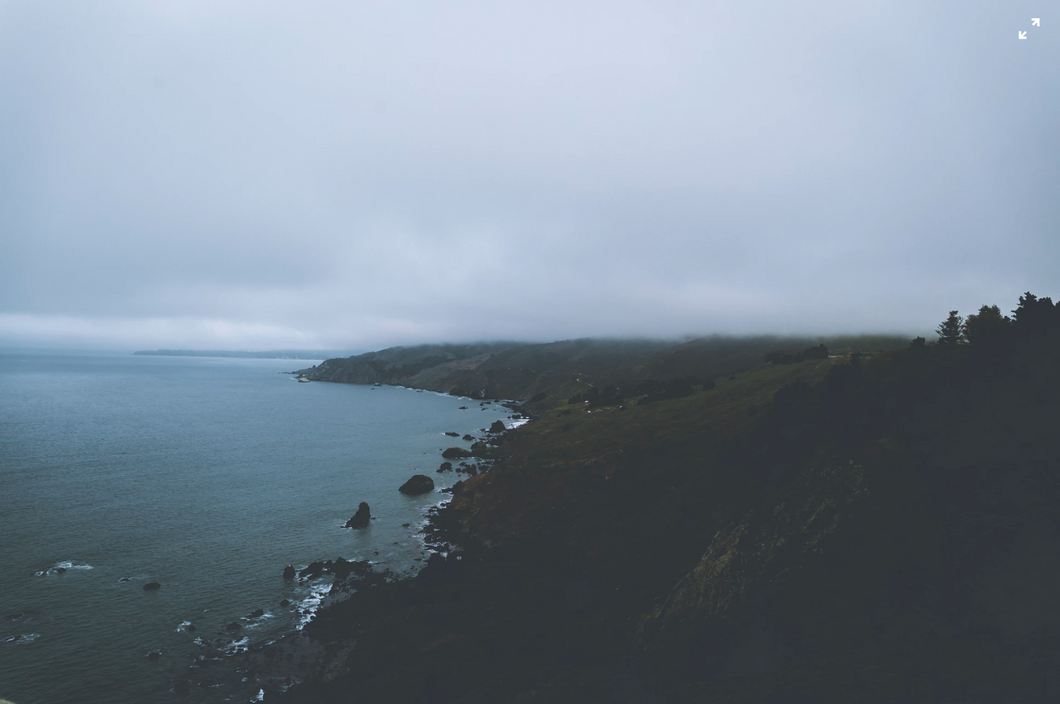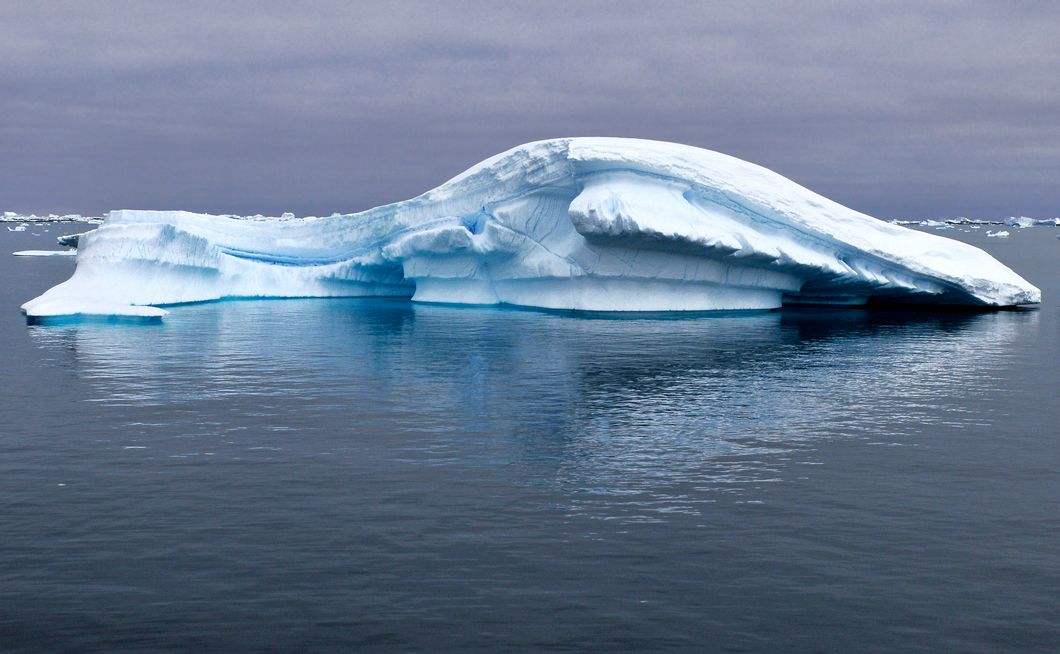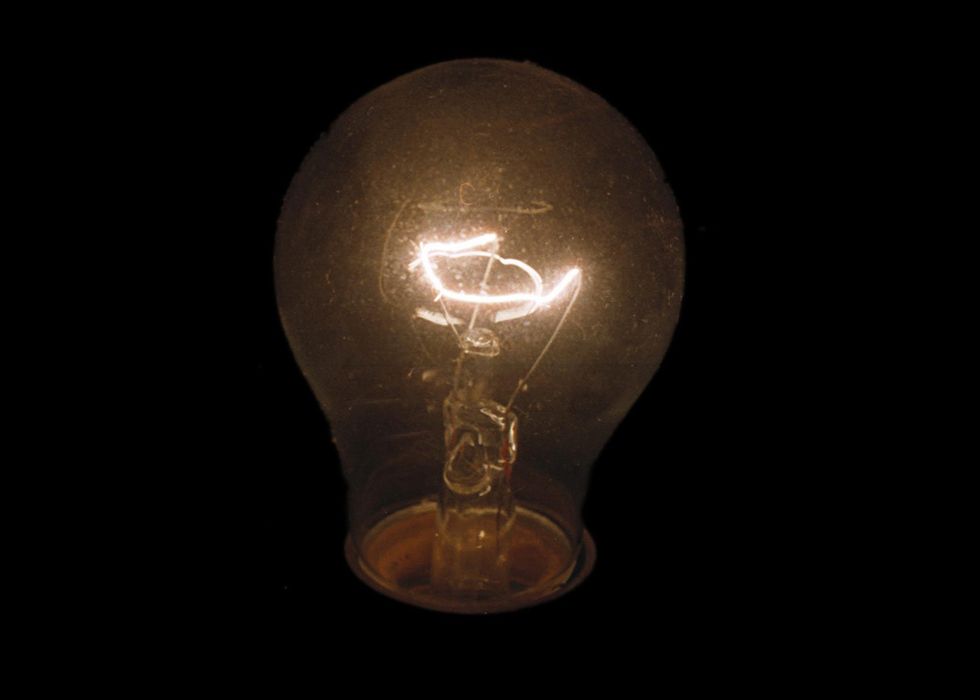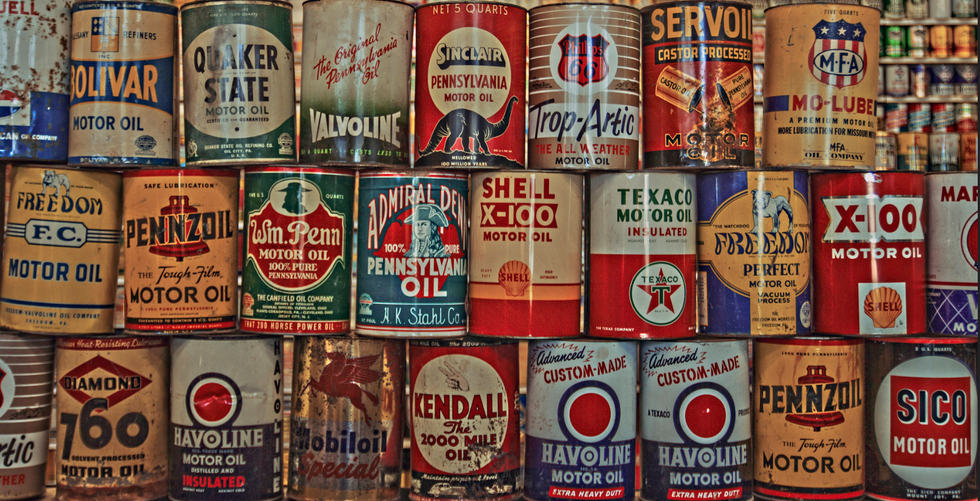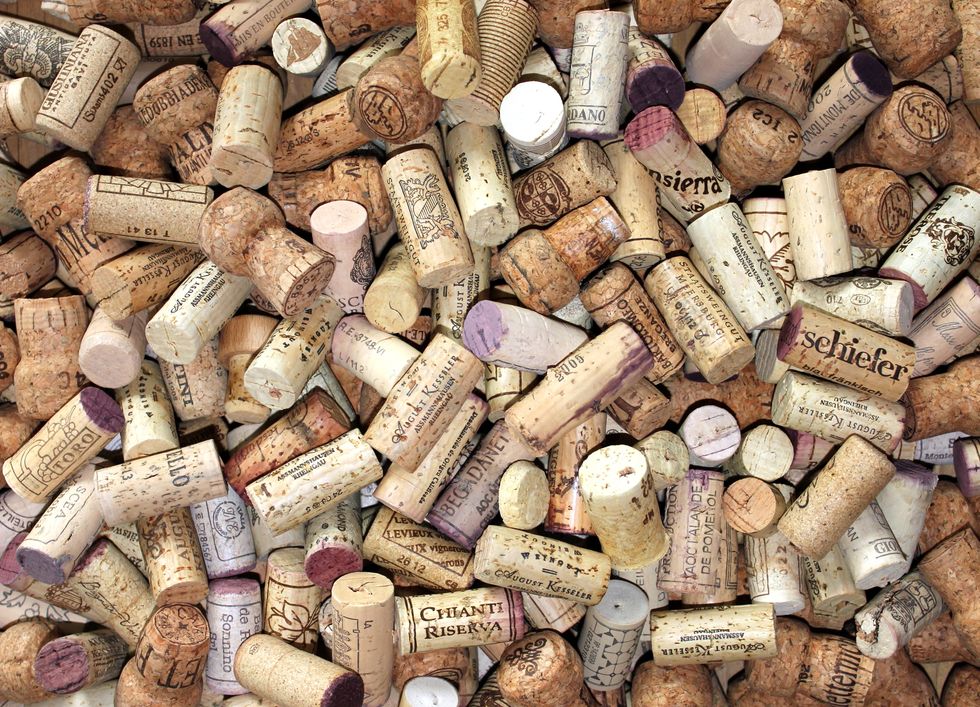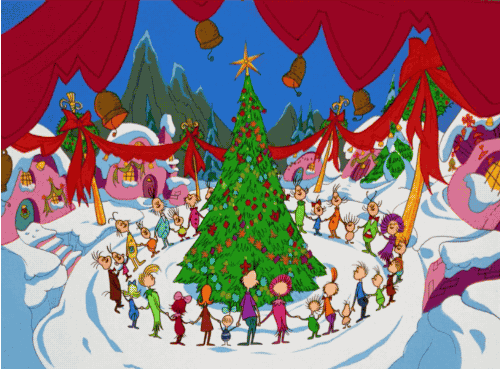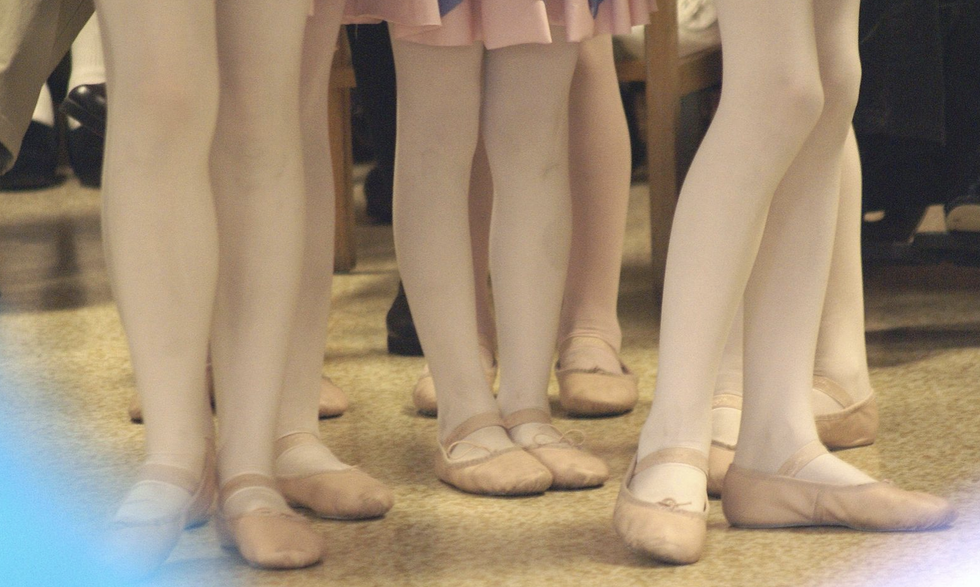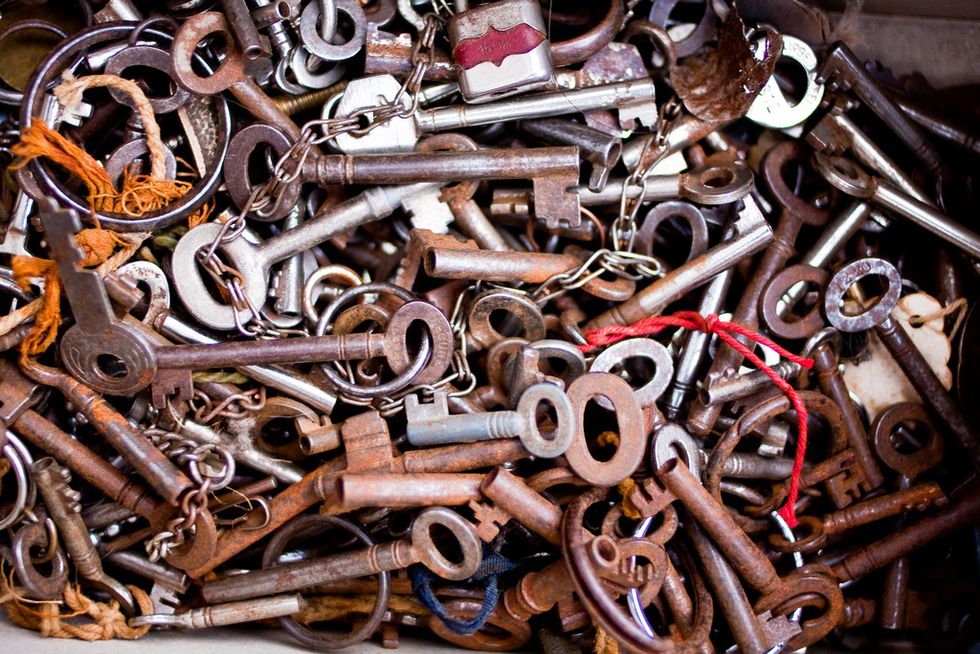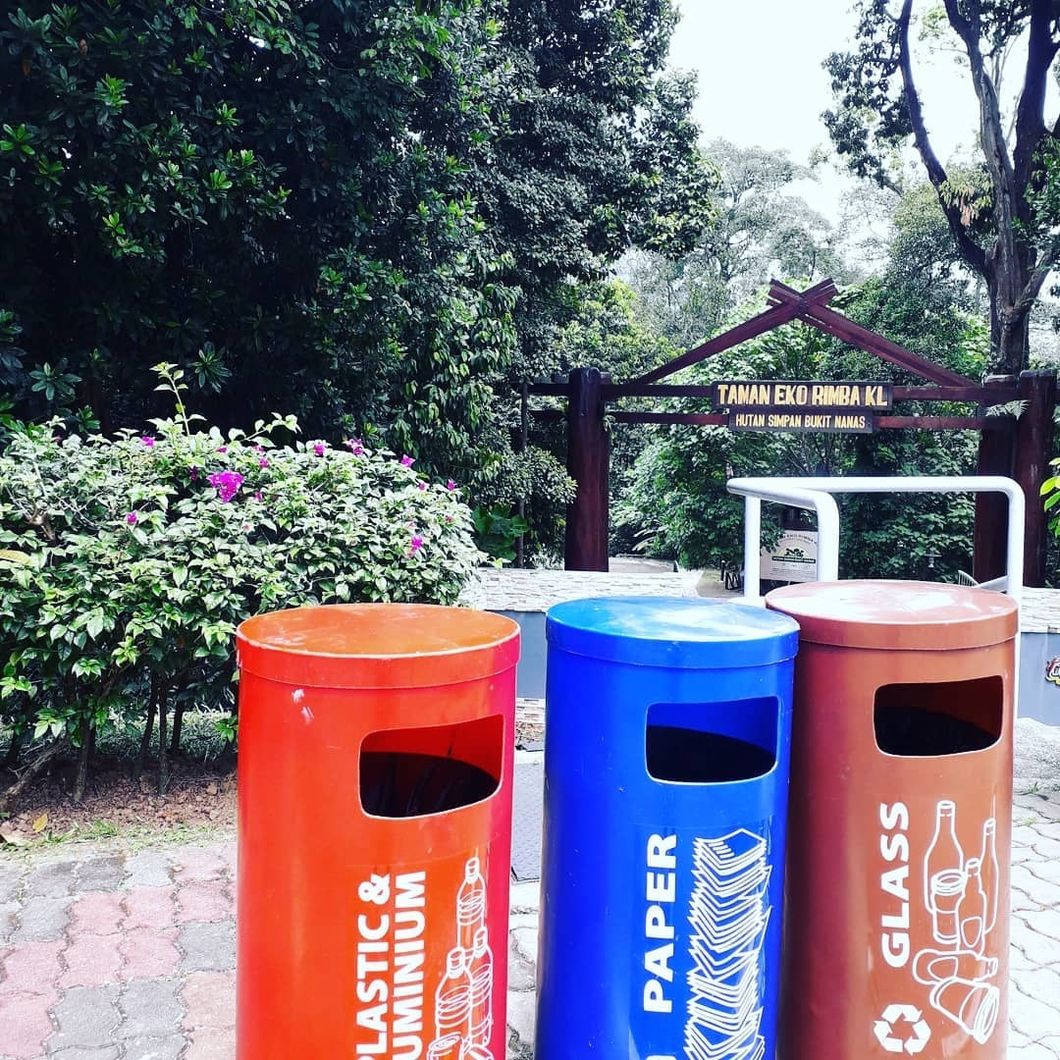Climate Change Is About More Than Global Warming, It's Coming For All Of Us
There's no denying that climate change is happening — it's time we start taking action.
Yes, the Earth's climate has changed throughout history and there isn't much denying that. The last ice age ended about 7,000 years ago and started the beginning of a new climate era and human civilization.
The current trends in global warming are of extremely particular importance because they are more than likely the result of human impacts on the planet. Climate change can be hard to recognize because it's easy to define it as "just a forest fire" or a "small decrease in polar bears." It's the little things that add up. Sometimes, these little things can add up to create bigger issues.
It's already noticeable in several places.
Hurricanes may be a natural part of our climate system, but recent research indicates that their destructive power, or intensity, has been growing since the 1970s, particularly in the North Atlantic region.
In the North Atlantic Basin, the long-term (1966-2009) average number of tropical storms is about 11 annually, with about six becoming hurricanes. Recently (2000-2013), this number increased to almost 16 storms a year, with eight becoming hurricanes. Although scientists are unsure if climate change could specifically lead to the increase of hurricanes, they do know that it could increase their danger and the impacts they may cause.
In the past two years, not only has there been an increase in the amount of damage that hurricanes have caused but the frequency, as well, with four in the past two years.
Then, there is the opposite side of that with the extreme cold.
This comes into play as recent as this past winter, during the polar vortex that hit much of the United States. In fact, other parts of the world were fairly warm, if not, warmer than normal.
Or if the sea level rises even by a little bit, islands such as the Republic of Kiribati which is made up entirely of atolls (naturally low-lying, and have a high ratio of coastline to land area) it is especially vulnerable to sea-level rise and storm surges. The islands have already seen growing damage due to flooding and storm damage, including the disappearance of parts or full islands.
Recently, I wrote a paper on the Anthropocene and not only was writing that paper hard (not only because I had a hard time figuring out how I felt about the Anthropocene) but it is also a hard topic to write about. The main thing to point out about this is that while the Earth does go through periods of hot and cold, that's normal.
However, the Anthropocene does NOT mean the same thing as climate change.
As the world population constantly increases, the increase in sea level will cause major problems because there will be a lot less land for people to live on.
So, unless we, as humans, make changes in how we treat our environment, our environment is going to continue to change the way we live our lives.
We can help reduce the major impacts of it by making more people aware of the issue and taking measures to reduce it.

